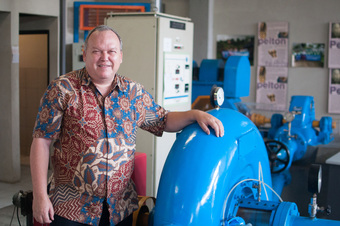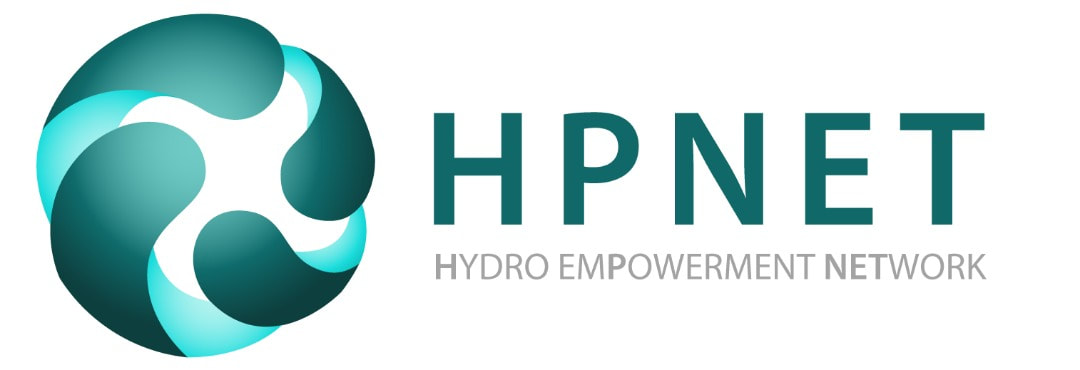
HPNET consists of practitioners with various backgrounds from public sector, private companies, and grassroots organisations.The gathering was attended by 34 practitioners from 11 countries (Afghanistan, Bangladesh, India, Indonesia, Myanmar, Malaysia, Nepal, Pakistan, Philippines, Sri Lanka, and Thailand), making it one of the most international and diverse MHP-dedicated gatherings in Indonesia in many years. Site visits to mhp installations and electromechanical component manufacturers allowed participants to see closely how the industry has grown in Indonesia. These visits also served to excite participants’ ambitions in their home countries.
As part of the agenda, intense discussion sessions were organized to refresh the Network’s vision and working plan for the coming year and beyond. Technology transfer, knowledge sharing, and policy advising remain some of the main focus areas adopted by HPNET, but the importance of community involvement and local capacity building received special emphasis.
HPNET emphasizes overall sustainability by putting community empowerment as the core, ultimate goal. Forest and water conservation, productive use of energy, as well as technology innovation also will be strongly pursued by the Network, which has agreed that joint collaborations on transnational MHP initiatives are a vital mechanism to maintain and enhance the momentum of MHP development.
Gerhard Fischer, the holistic expert behind HYCOM, with over 30 years of experience in MHP development, thought the event to be very beneficial for all participants: “I am quite convinced that for these small power plants – maybe up to 100kW – the knowhow should be there where the site is. It should be accessible for the villages. That’s why the success of these things in Nepal, Indonesia, and other countries like Pakistan is connected with the local fabrication of the equipment. We need networking. Each country has its own development. To look what is working where and to coordinate this knowhow and to make it available is a very important thing.”
Fischer went on to explain the value of HPNET in linking institutions with similar targets. “We should work together,” Fischer added, “and also take seriously into account what others have done to develop the technology.”
By HPNET members Amalia Suryani (EnDev Indonesia) and Patrick Pawletko (Tonibung)
